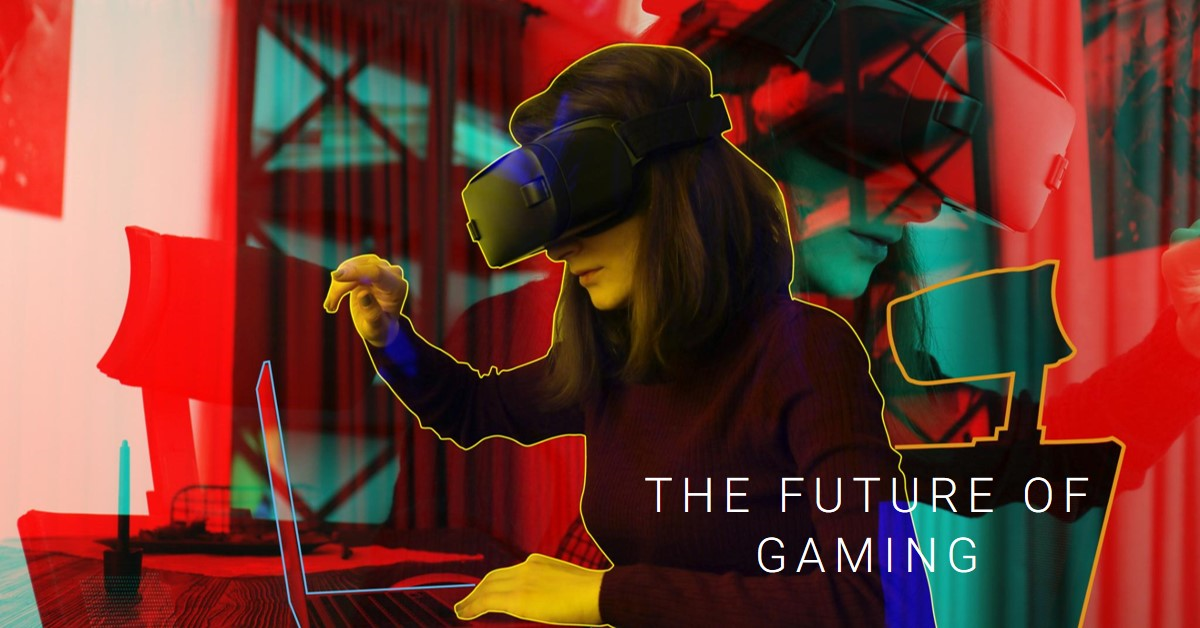In the fast-evolving landscape of online gaming, digital transformation has become a pivotal element, especially with the integration of Artificial Intelligence (AI). As we delve deeper into 2024, AI-driven solutions are dramatically reshaping how users interact with online gaming platforms, enhancing user experience and boosting engagement. In this article, we will explore the various facets of this transformation, highlight some key statistics that underscore its impact, and discuss how companies like P99Soft are aiding the gaming industry in adopting these advanced digital transformation solutions and E-Governance.
The Role of AI in Enhancing User Experience
AI has been a game-changer in personalizing the user experience. By analyzing vast amounts of data on user behavior, preferences, and engagement patterns, AI algorithms can tailor game environments and challenges to individual players. This personalization extends beyond game play into user interfaces, recommendations for new games or content, and even dynamic difficulty adjustments, ensuring that all players, regardless of their skill level, find the games challenging yet rewarding.
A significant statistic to note is that platforms employing AI for personalized experiences have seen user session times increase by up to 30% (Source: TechJury). This not only boosts engagement but also enhances user satisfaction and loyalty.
AI and Real-Time Interactions
Another crucial aspect of AI in gaming is enhancing real-time interactions. Through natural language processing (NLP) and machine learning, AI facilitates real-time communications between players, creating more immersive and interactive gaming experiences. AI can also moderate these interactions to ensure a safe gaming environment, automatically filtering out inappropriate content and managing online behavior standards.
Improving Accessibility through AI
AI technologies are breaking barriers by making games more accessible to a broader audience, including those with disabilities. Features like voice commands, gesture recognition, and AI-powered visual aids allow individuals who might otherwise be unable to engage fully with gaming platforms to have complete and fulfilling gaming experiences. For example, Microsoft’s Xbox Adaptive Controller, designed for players with limited mobility, is an excellent instance of how AI-driven technology can facilitate accessibility in gaming.
Enhancing Game Development
AI isn’t just transforming the player experience; it’s also revolutionizing how games are developed. AI algorithms can automate many aspects of game design, from generating complex environments and characters to testing game mechanics. This automation speeds up the development process and helps developers focus on creative aspects, ensuring more innovative and polished products.
P99Soft: Facilitating Digital Transformation in the Gaming Industry
P99Soft stands at the forefront of these innovations, offering cutting-edge digital transformation solutions and E-Governance tools tailored specifically to the gaming industry. By integrating AI technologies, P99Soft helps gaming platforms enhance user interaction and streamline their operations, ensuring that they can deliver superior experiences while maintaining compliance with industry standards and regulations.
FAQs
- How does AI improve user engagement on gaming platforms? AI enhances user engagement by personalizing the gaming experience, optimizing game difficulty, and providing real-time interactive features that keep players engaged.
- What role does AI play in game development? AI automates routine tasks in game development, such as environment generation and testing, allowing developers to focus on innovation and creativity.
- Can AI help make gaming more accessible? Yes, AI-driven technologies like voice recognition and adaptive controllers make gaming accessible to a wider range of players, including those with disabilities.
- How does AI enhance the safety of online gaming environments? AI monitors and moderates player interactions in real-time, ensuring a safe and inclusive environment by preventing cyberbullying and other inappropriate behaviors.
- What are the challenges of integrating AI into gaming platforms? Challenges include ensuring data privacy, managing the complexity of AI systems, and maintaining an authentic gaming experience without over-reliance on automation.
Conclusion
As we progress through 2024, the role of AI in digital transformation within the gaming industry continues to grow, profoundly enhancing user experiences and engagement levels. Companies like P99Soft are pivotal in driving these advancements, offering specialized solutions that help gaming platforms evolve and stay competitive in this dynamic market. As these technologies advance, the potential for innovation in gaming seems limitless. How will further advancements in AI technology continue to shape the future of online gaming?

